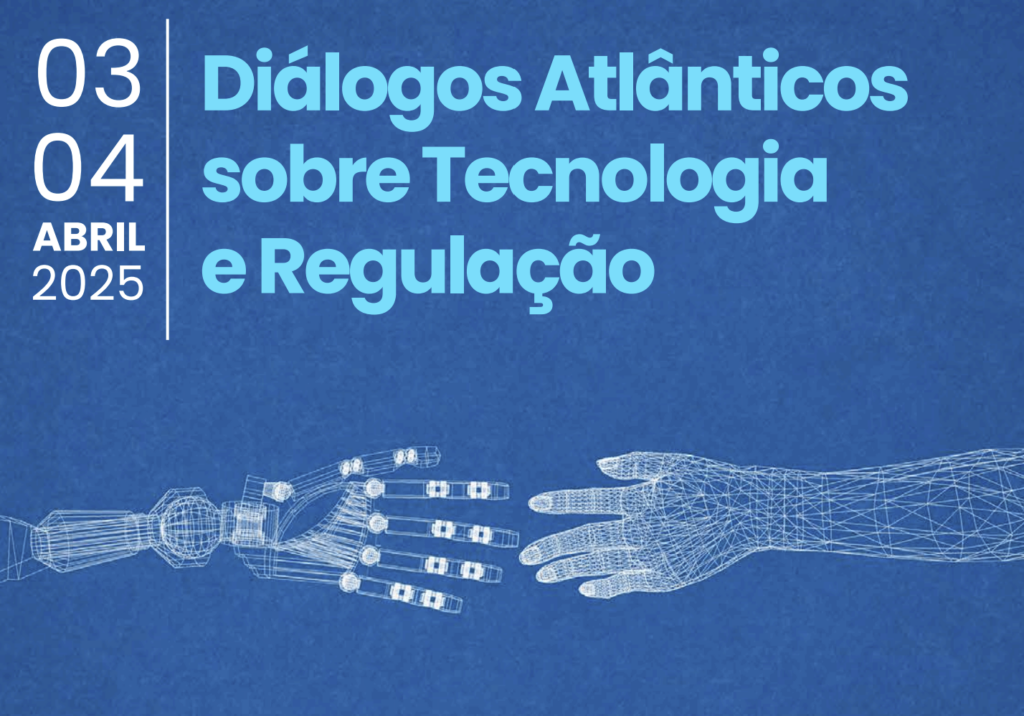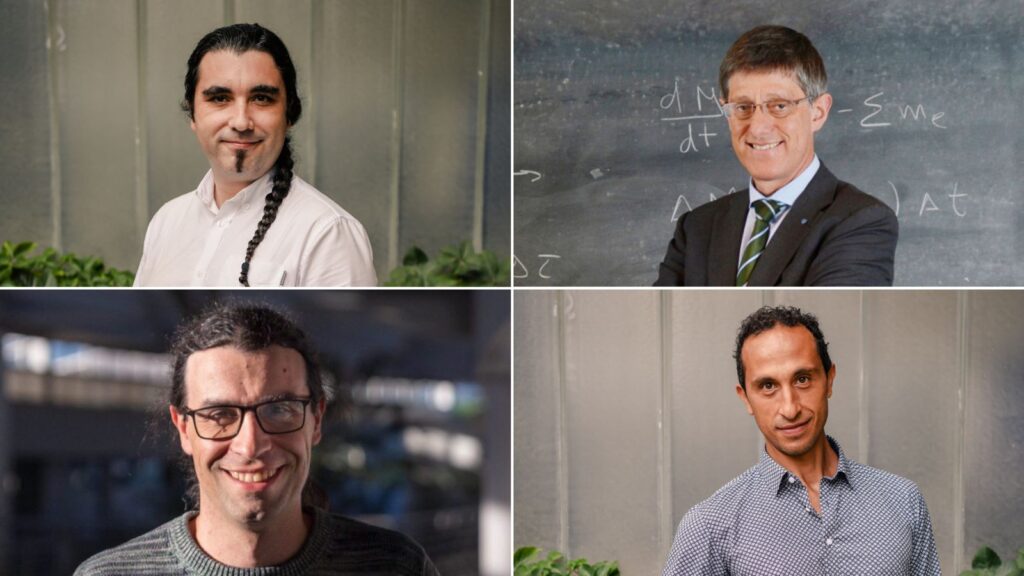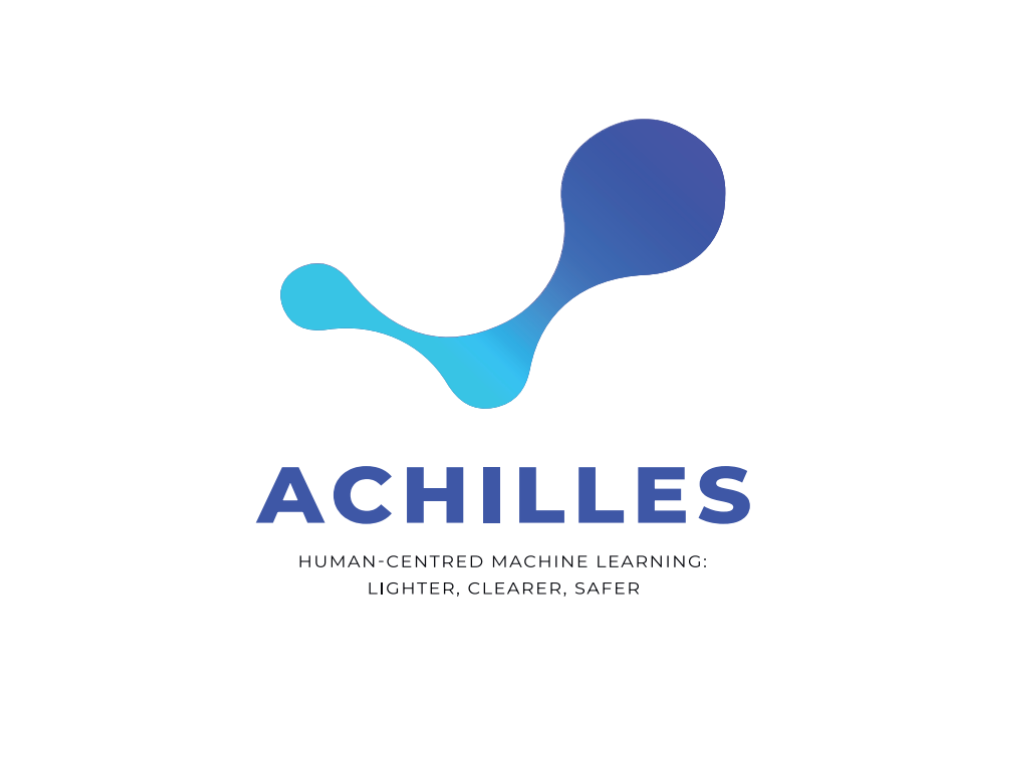AMALIA, giving voice to Portuguese identity through Artificial Intelligence
Few expressed pain and longing with the intensity of Amália Rodrigues, the iconic fado singer who became a symbol of Portuguese cultural identity. Her voice, her language, and her emotion are all part of a legacy that continues to shape Portugal’s artistic and emotional landscape….
INESC-ID contributes to Europe’s digital autonomy in High-Performance Computing and AI through the DARE Project
INESC-ID is one of 38 partners involved in a major European effort to build a sovereign computing infrastructure through the new project DARE SGA1 – Digital Autonomy with RISC-V in Europe. Our contribution will be on the project’s software ecosystem, in collaboration with INESC TEC,…
Isabel Trancoso joins international panel on Technology and Regulation at Católica event
Isabel Trancoso, senior researcher at INESC-ID, from Human Language Technologies scientific area, and a leading expert in speech technologies, participated in the Atlantic Dialogues on Technology and Regulation, held on April 3–4 at Universidade Católica Portuguesa in Lisbon. Organized by the Católica Research Centre for…
INESC-ID strengthens international AI collaboration with the China-Portugal Joint Laboratory on AI and Public Health Technologies
It was 10:10 AM in Lisbon and 18:10 in Guangzhou, of March 5, when the official ceremony for the establishment of the China-Portugal Joint Laboratory on AI and Public Health Technologies started. Held at the Department of Computer Science and Engineering (DEI) of Instituto Superior…
PRR Projects: Fair, Explainable, and Sustainable. INESC-ID is leading Responsible AI with the CRAI Project
Luís Oliveira lost his ability to speak due to Amyotrophic Lateral Sclerosis (ALS) in early 2023. However, in May 2024, he made his voice heard around the world. Luís, who sadly passed away in the meantime, made an historic appearance at the United Nations summit…
Arlindo Oliveira and the Future of AI: From Generative Intelligence to National Strategy
It is definitely the topic of the moment and there is still a lot that can be said about it. After having previously authored an essay on the topic, between 2017 and 2018, and following an invitation from Fundação Francisco Manuel dos Santos, Arlindo Oliveira,…
Faster, Higher, Stronger: INESC-ID Joins Project ACHILLES to Redefine AI
In Greek legend, Achilles was a hero with a single vulnerability—his heel. Similarly, the “Achilles’ heels” of modern AI systems are trust and efficiency. The recently launched ACHILLES Horizon Europe Project (“Human-Centred Machine Learning: Lighter, Clearer, Safer”) aims to address these critical weaknesses. Bringing together…
Inês Lynce reflects about the importance of a comprehensive education the Impact of research and the future of AI
In a recent interview for the supplement Dinheiro Vivo (part of Diário de Notícias), INESC-ID President, Inês Lynce, highlighted crucial topics regarding student education and the societal impact of scientific research. One of the key points discussed was the importance of a well-rounded education that…
INESC-ID joins the CARMA project (Collaborative Autonomous Robots for eMergency Assistance)
During natural or manmade disasters, a quick and effective response is mandatory to minimise damage and ensure the population’s safety. Whether it’s a medical team employed to assist citizens during an earthquake, or police officers called to a bomb threat, first responders are sent directly…
In the Media: Inês Lynce discusses Educational and Societal challenges in Computer Science at Visão newsmagazine
In a profound interview at Visão newsmagazine, INESC-ID President, Inês Lynce, discusses the evolution of computational sciences, particularly in relation to Artificial Intelligence (AI), and why the perception of radical change might not be entirely accurate, despite visible advancements. Inês details that while the foundations…










